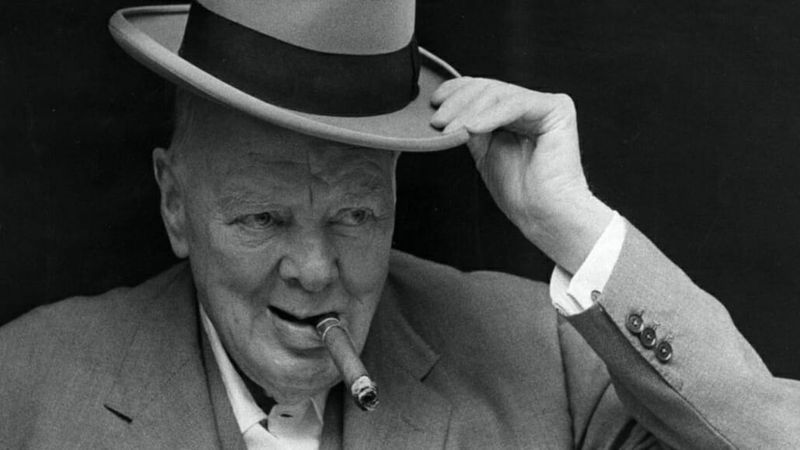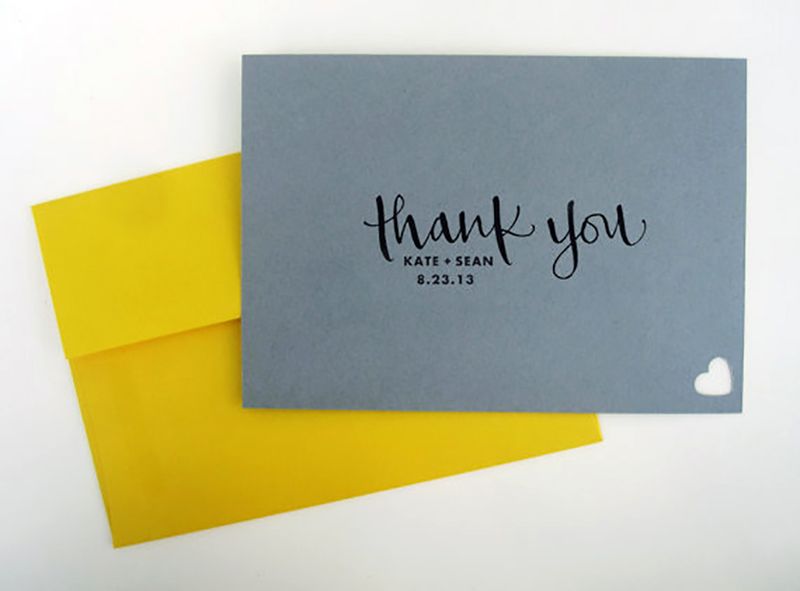In the ever-evolving landscape of societal norms, certain rules manage to cling to existence despite their obsolescence. From etiquette to clothing, these outdated conventions might raise eyebrows today, yet they continue to hold sway in various corners of life. Whether stemming from tradition or just habit, these rules often go unchallenged, followed without a second thought.
Let’s explore some curious relics of the past that still dictate behavior in unexpected ways. Through this exploration, you’ll discover how these archaic rules impact modern living and why they persist in our rapidly changing world. So, prepare to journey through a world where old meets new, and customs of yore maintain an inexplicable grip on contemporary life. Here are 11 outdated rules that still govern actions in surprising ways.
1. Wearing White After Labor Day

Once upon a time, fashion dictated that wearing white after Labor Day was a faux pas. This rule originated in the late 19th century as a way for the upper class to separate themselves from the working class. The reasoning was simple: white clothing was impractical for labor. Nowadays, fashion is much more flexible, and the rule feels irrelevant.
Yet, many still hesitate to don white after summer’s end. It’s a curious holdover from a time when class distinctions were marked by clothing choices. Feel free to wear white year-round, breaking free from this dated convention.
2. Saluting Magpies

In British folklore, encountering a lone magpie was once considered bad luck. To ward off the misfortune, a quick salute was in order. This superstition harks back to an era when people believed birds were omens of good or evil. Despite the passage of time, many still find themselves acknowledging these birds with a nod or wave.
While the logic behind the salute is outdated, it remains a quirky tradition for some. Whether it’s habit or heritage, saluting magpies continues to charm those who cling to old beliefs. Perhaps it’s just a whimsical way to respect the avian world.
3. Not Opening Umbrellas Indoors

Opening an umbrella indoors has long been considered bad luck. This superstition dates back to a time when umbrellas were clunky and prone to causing mishaps in tight spaces. The belief was also tied to the idea of upsetting household spirits.
Today, the superstition seems more playful than serious. However, the notion persists, and some people still hesitate to open an umbrella inside, fearing a jinx. As times change, so do our perceptions of such customs. Still, it’s a fun reminder of how our ancestors viewed the world around them.
4. Sitting After a Toast

The traditional etiquette of standing during a toast is a nod to historical customs where standing was a sign of respect. Originating from European aristocracy, this rule was a way to honor and celebrate the person being toasted.
In modern times, the formality of standing may seem unnecessary. Yet, many continue to rise, maintaining a gesture that ties us to our past. While the rule may feel a bit stuffy today, it’s a charming nod to history that brings a touch of elegance to any gathering.
5. Men Walking on the Street Side of the Sidewalk

This chivalrous tradition began in an era when streets were much dirtier. The idea was for men to protect women from splashes and debris. The rule has a gallant ring to it, reflecting a different age’s social norms.
Today, streets are cleaner, and the practicality of this rule is questionable. Nonetheless, it persists as a romantic gesture, a nod to old-fashioned courtesy. While it may not hold much practical value now, it’s a sweet reminder of gentler times. It’s up to you whether to follow or forget this quaint tradition.
6. Covering Your Mouth When Yawning

Covering your mouth while yawning dates back to ancient beliefs about spirits. It was thought that an open mouth might allow evil spirits to enter. Over time, it became a sign of good manners.
Today, the concern over spirits has faded, but the habit remains a mark of politeness. Most of us cover our mouths without thinking, a reflex tied to social grace. Even in an era of relaxed etiquette, this gesture continues, linking us to an ancient past in a simple, everyday action.
7. Eating Fish on Fridays

The tradition of eating fish on Fridays is rooted in Christian customs, particularly among Catholics. It was a form of penance and a way to honor religious observances.
In today’s diverse world, many people still follow this practice, but for different reasons. Some enjoy the variety it brings to their meals, while others appreciate the cultural heritage. The religious aspect may have lessened for some, but the tradition persists, adding a touch of history to modern dining.
8. Removing Hats Indoors

The custom of removing hats indoors is rooted in medieval times. It was a sign of respect and deference, especially in religious or formal settings. The tradition carried over to more casual environments over time.
Though the reasons for hat removal have evolved, the gesture remains a common courtesy. Some see it as an outdated formality, while others view it as a timeless sign of politeness. Whether followed for tradition or respect, it’s a simple act that connects past and present in an unassuming way.
9. Addressing People with Their Titles

Addressing individuals with titles like ‘Mr.’, ‘Mrs.’, or ‘Dr.’ stems from a time when hierarchy and respect were paramount. This practice helped define social standing and conveyed respect.
In modern, more egalitarian societies, first names often suffice, yet titles linger in formal environments. Whether out of habit or formality, using titles can still command respect and shape interactions. It reflects a lingering respect for tradition within professional realms, offering a glimpse into our structured past. Adjusting to context and preference, titles remain part of our social fabric.
10. Sending Handwritten Thank You Notes

The art of sending handwritten thank you notes stems from an era when formal communication was valued. This practice conveyed gratitude and personal touch, far beyond a mere verbal acknowledgment.
In today’s digital world, emails often replace paper. Yet, the charm of a handwritten note endures, a tangible reminder of sincerity and thoughtfulness. It’s a delightful throwback that stands out amidst the digital noise. Whether for personal or professional reasons, this gesture connects us with the past while adding a personal touch to our expressions of thanks.
11. Using Proper Table Manners

Proper table manners, from using the right utensils to chewing quietly, were once seen as indicators of upbringing and social standing. These rules aimed to refine social interactions and maintain decorum.
Despite evolving dining norms, many still adhere to traditional etiquette. They see it as a way to bring order and civility to mealtimes, a comforting nod to structured times. Whether for family gatherings or formal dinners, table manners persist, a mix of tradition and practicality. They’re a gentle reminder of the grace and discipline of past dining customs.

Well, hello there!
My name is Jennifer. Besides being an orthodontist, I am a mother to 3 playful boys. In this motherhood journey, I can say I will never know everything. That’s why I always strive to read a lot, and that’s why I started writing about all the smithereens I came across so that you can have everything in one place! Enjoy and stay positive; you’ve got this!

